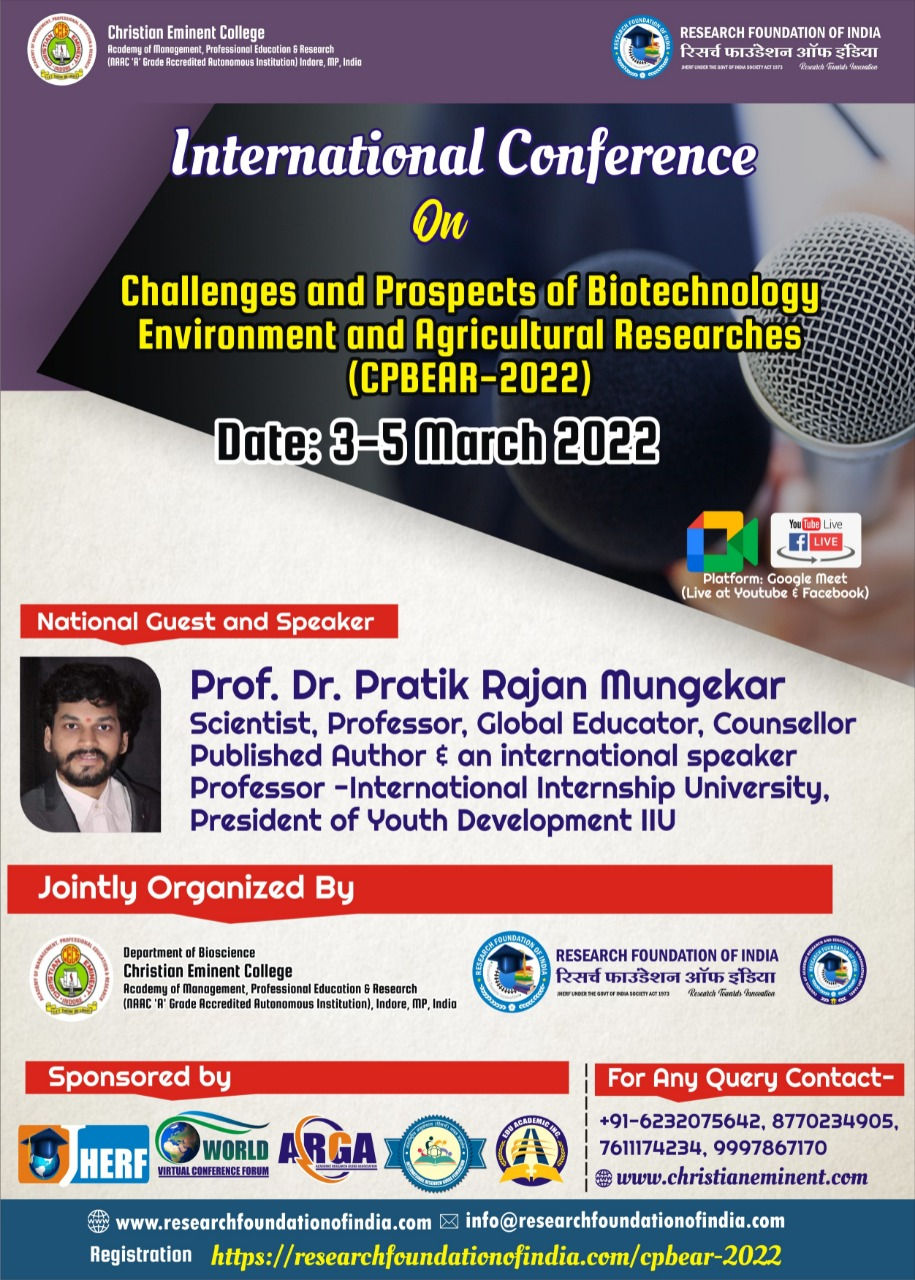Challenges and impacts of agricultural biotechnology on developing societies
- Team Stay Featured

- Mar 5, 2022
- 3 min read
Agricultural productivity in developing countries must advance more rapidly to meet growing food demands and raise incomes while protecting the environment for future generations. Agricultural biotechnology has the potential to play a large role in this achievement. Among the potential benefits of the technology is an increase in the productivity of tropical commodities to meet future food needs and new opportunities for the use of marginal lands.

Transgenic crops represent promising technologies that can make a vital contribution to global food, feed, and fibre security. There are about 790 million undernourished people in developing countries whose food intake is insufficient to meet basic energy requirements continuously. It shows that basic agricultural biotechnology research is costly and too demanding of scientific skills for the limited resources of most of the developing countries. Biotechnology developments need high inputs of finance which are in short supply in most developing nations. There has been a tendency to spread investments in research and extension over a large number of institutions, rather than developing a few quality ones.

Many developing countries tend to spread their limited financial and human resources thinly across diverse agricultural biotechnology activities and research agencies. Developing countries have not established strategies of identifying and setting priorities for their agricultural biotechnology R and D. They continue to operate with isolated, competing and often scientifically weak research agencies. The general public and farmers, in particular, are not informed about the nature of the technology and its potential benefits and risks. Agricultural extension has a great role to play here through mounting awareness campaigns on biotechnology product information and disseminating proven and reliable biotechnology products.

Transgenic crops like maize, rice, wheat, soybean and cotton are among the top priorities for the agricultural biotechnology industries. There are undoubted benefits from the use of transgenic organisms but it is important to ensure that such systems do not cause problems of safety to people and the environment. Consumers have shown a willingness to pay more for better and more convenient products and reject products that do not meet their expectations. The risks from any new technology are divided into those inherent to the technology and those that transcend it. Transcendent risks are the social, economic, and cultural factors that may distort or obstruct its benefits.
The major negative impacts of agricultural biotechnology include genetic erosion and the spread of un- desirable species and strains. Foods or food ingredients derived from genetically modified organisms (GMOs) must be considered to be as safe as, or safer than, their traditional counterparts before they can be recommended as safe. There are concerns that GM products may aggravate the prosperity gap between developed and developing nations by replacing tropical agricultural exports with products of developed societies. Increased milk production from fewer cows by the injection of genetically engineered hormones will certainly result in many small farmers being put out of business.

How can we ensure that most of the world's poor and vulnerable populations benefit from the benefits while being cautious of the risks? Individual countries need to identify their specific priorities and preferences in food production and harness the growing body of science and innovations in genetic engineering to address specific issues. Developing societies will need to develop and implement regulatory measures to manage any environmental, economic, health and social risks. In most developing societies, public sector investment is still the main source of finance for biotechnology R and D. Mobilizing the basic scientific skills usually found in universities to solve agricultural problems will require new policy and institutional arrangements and more financial resources. The enhancement of capacities to engage in the making of policies on agricultural biotechnology should be treated as a priority by national and international programmes.
Article Courtesy:
Prof.Dr.Pratik Rajan Mungekar
(Scientist, Professor, Global Educator, Counsellor, Published Author & an International Speaker.)






Comments